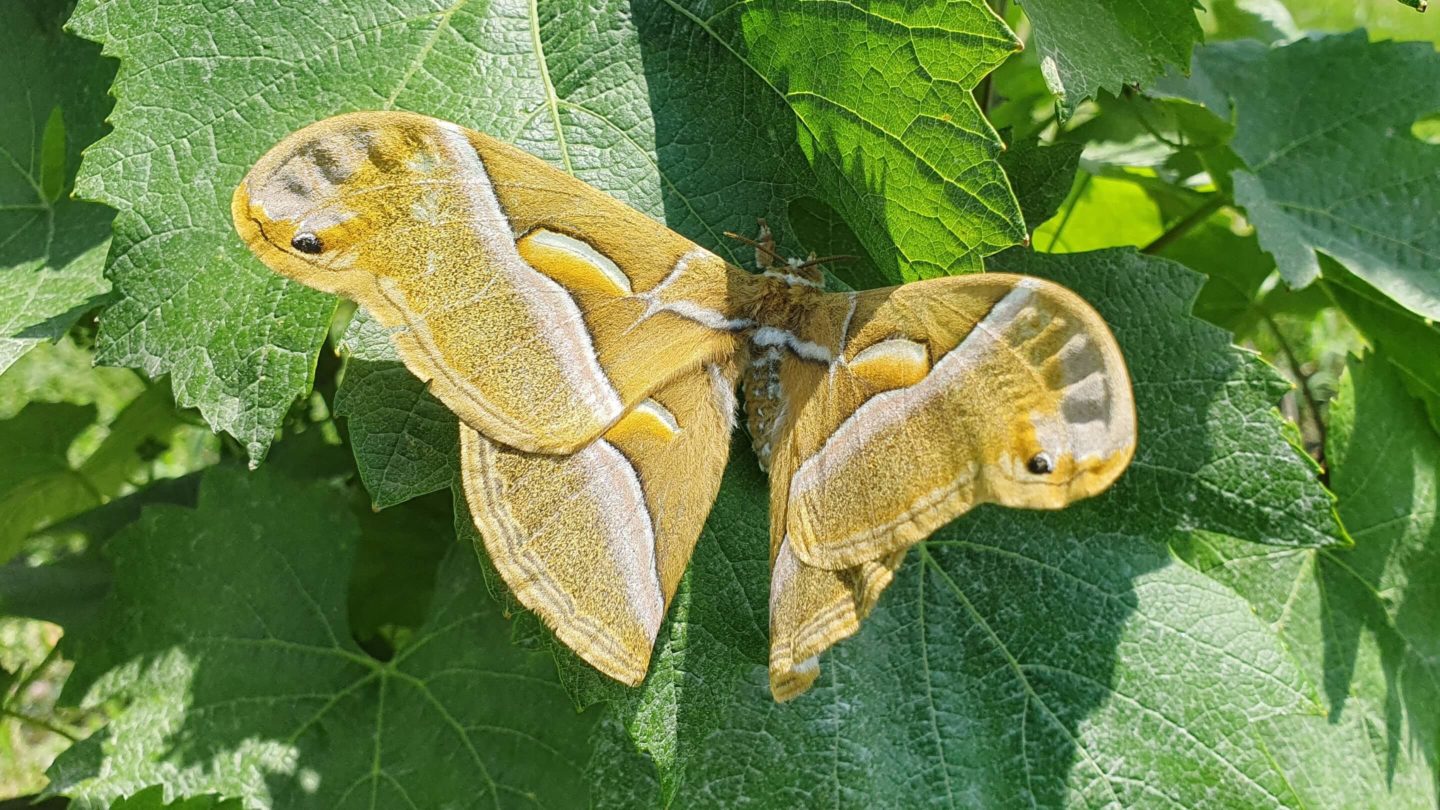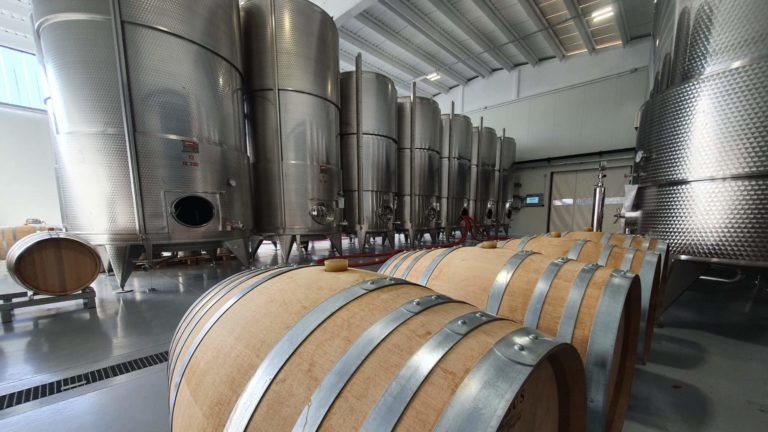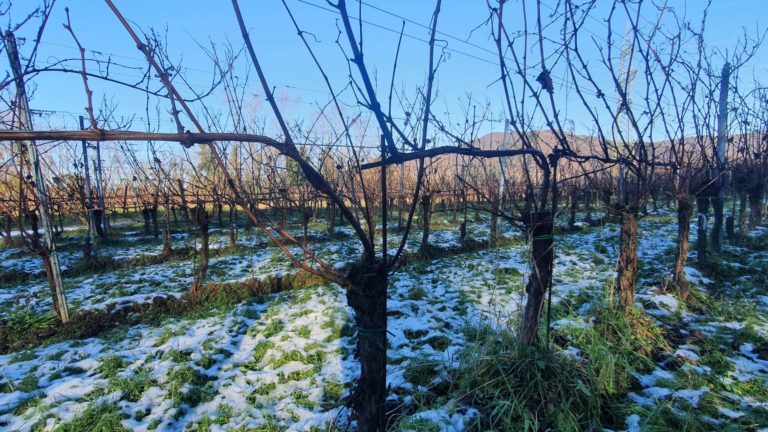In this article we will explain what organic wine is, why it is better and what organic wine means to us here at Terre d’Aenòr. Ermes Vianelli, technical director of Terre d’Aenòr, with a vast experience in this sector, will explain his philosophy regarding organic wine.
What is organic wine?
Organic wine is a natural wine, produced from grapes grown without using chemical or synthetic substances including pesticides, weed-killer and fertilizer. “I like to speak of awareness” – explains Ermes Vianelli – “Contained within a healthy bunch of grapes are all the substances necessary to guarantee the production of an excellent quality of wine that can be conserved without chemical intervention”.
In our organic wine production we combat the usual parasites with targeted low-dose treatments using sulphur and copper, following minimal-impact agricultural practices. We ensure that only healthy grapes arrive at the gentle pressing phase in the wine cellar, through constant monitoring at every step of the process. “Special attention is given to the microorganisms that are found naturally in the must, which provide many benefits during the vinification process” – points out Ermes.
The result is a wine with taste and sensory characteristics that reflect the territory. Normally, organic wines are richer in colour and taste, with more complex and unique scents, that with time become more recognizable.
Why does organic wine taste better?
In addition to accompanying a good meal, organic wine is also good for your health. Its natural benefits are connected to the numerous particles which are present in the grapes. These include minerals (salts), vitamins and, above all, polyphenol with its antioxidant and anti- inflammatory qualities which help keep cholesterol levels under control.
Organic wine cultivation is also very good for the environment. Terre d’Aenòr’s organic vineyards are populated by numerous different species of microorganisms which are very beneficial to the ecosystem and the natural health of the soil. This corresponds to a better protection and a noticeable increase in the level of both plant and animal biodiversity. In fact it is common to see the so-called “good” insects such as bees, ladybirds, butterflies, parasite-eating mites as well as certain types of wild fauna for example birds, little rodents and reptiles.
“Respect for the fruit is the key” – says Ermes Vianelli – “By not using chemical products, the characteristics which make the wine unique and recognisable both in terms of territory and vintage are maintained. The work is continuously evolving through a process of observation, reflection and comparison with previous vintages”.
Our philosophy of organic wine
If we expressed our philosophy as a mathematical formula we would say that Terre d’Aenòr represents organic wine like Ermes Vianelli represents the vineyard. Right from the very first day Ermes has been the tangible engine powering Terre d’Aenòr. He is the perfect expression of our organic philosophy as he exalts the quality of the grapes and executes all the oenological practices correctly.
Terre d’Aenòr wine has organic certification. It complies with all the rules and agricultural practices laid out in the european standards which define the definition of organic wine. Our production is driven by a deep respect for the environment and the desire to create a high-quality, genuine product that safeguards the environment and the health of our consumers.
Choosing and investing in organic wine
Organic wine production requires substantial investment in the agricultural instruments used in the vineyard. These include tools for working the land and the spreading of natural treatments (plant-based anti-parasites), achieving a high level of performance whilst maintaining the quality of the grapes.
For this reason organic vineyards have a higher maintenance cost compared to conventional vineyards as well as sometimes an inferior level of production. They require a lot of attention and professionalism because they need to be looked after throughout the productive cycle without impacting on the environment.
Inevitably the price for the consumer is higher than for non-organic wine. “Many wine cellars decide against adopting organic production” – explains Ermes – “It is a more complicated process that requires greater care, with sometimes the risk of losing the production. The secret to achieving excellence lies in the skill of the workers in implementing the specific oenological practices”.







